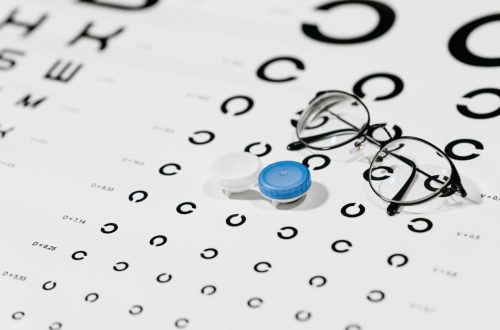If you’ve been experiencing pain for three months or longer, you’re dealing with what’s known as ‘chronic pain’. Whether it’s persistent lower back discomfort or a stubborn headache, this debilitating condition can interfere with your everyday life, impacting everything from work to personal relationships.
The good news is that managing chronic pain doesn’t always require medication. In this article, we’ll share our top five tips for managing chronic pain and living a healthier, happier life.
- Engage in Regular Exercise
Exercise might seem daunting when you’re in pain, but numerous studies show that it can significantly reduce chronic pain, improve nerve function and decrease symptoms of neuropathy.
The key is to start slowly, acknowledge your body’s limits and gradually increase your activity, where possible. Beyond physical benefits, exercise can also alleviate depression and anxiety, which are common among those with chronic pain.
- Practise Relaxation Techniques
Relaxation techniques can also help ease pain. Although it might seem challenging when you’re in discomfort, deep breathing and meditation have been shown to release muscle tension by sending a quiet signal to your body to relax.
Both techniques involve similar steps: find a quiet space, focus on your breathing and let go of passing thoughts. While you can learn these techniques on your own, attending a class might be helpful.
- Maintain a Healthy Diet
A healthy diet is crucial for those suffering from chronic pain. Consuming a nutritious diet rich in fresh produce, low-fat proteins and whole grains helps keep your body strong. It also maintains a healthy weight, improves blood sugar levels, aids digestion and lowers the risk of heart disease.
Additionally, limiting or avoiding alcohol is essential. While alcohol might help you fall asleep, it disrupts REM sleep, leading to a less restful night. A good night’s sleep is crucial for managing pain.

- Allow Yourself Downtime
It’s easy to feel pressured to stay active, but as a chronic pain sufferer, it’s essential to set limits. Learn to say no when you need rest, even if it feels like you’re letting others down. Self-care is personal—whether it’s booking regular massages or spending time with loved ones, find what boosts your spirits.
- Seek Support Groups or Counselling
Connecting with others who understand chronic pain can help you feel less isolated and provide valuable coping strategies. Meeting with a mental health professional can also be beneficial, especially if you’ve developed depression. Seeking help is a sign of strength, and counselling can teach you to cope better and avoid negative thoughts that can exacerbate pain.
- Explore Chronic Pain Compensation
Living with chronic pain not only affects your physical health but can also have financial implications. Medical expenses, reduced work capacity and the cost of ongoing treatments can add up quickly.
It’s important to explore options for chronic pain compensation if your condition is a result of an accident or injury that wasn’t your fault. Compensation can help cover medical bills, lost wages and other related expenses, allowing you to focus on your recovery without added financial stress. Consulting with a legal professional can provide you with the guidance needed to pursue a claim.
Conclusion
Managing chronic pain involves more than medication. Regular exercise, relaxation techniques, a healthy diet, setting personal limits and seeking support are crucial strategies. These steps not only help alleviate pain but also enhance overall well-being, enabling you to lead a healthier, happier life despite chronic pain.






